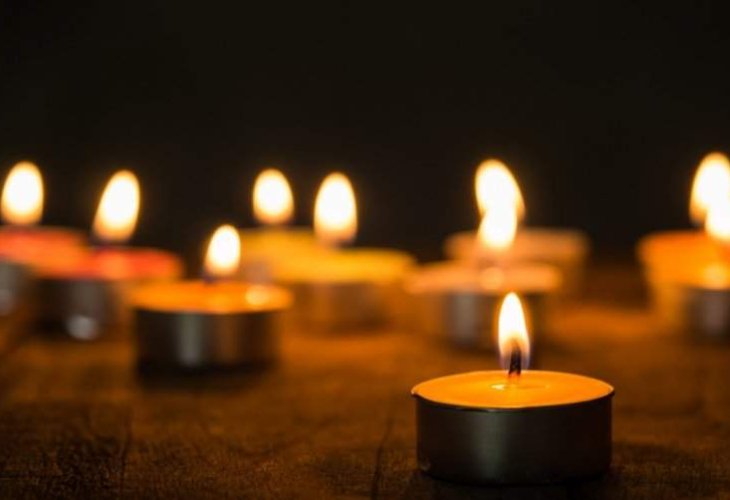Jewish Law
Eggs, Bread, and Comfort: The First Meal of Mourning in Jewish Law
The halachic rules and symbolism of the se’udat havra’ah. Why must the community provide the first meal to mourners after the burial of their loved one?
 (Photo: shutterstock)
(Photo: shutterstock)The first meal that a mourner eats after the burial is called the se’udat havra’ah—the “meal of strengthening.” This meal restores health and steadies the mourner’s spirits in the first shock of grief.
At this meal, the mourner may not eat from his own food. It is a mitzvah for neighbors or friends to bring food from their homes.
Why the Community Provides
The medieval sage known as the Rosh explains that a mourner, broken and anguished, may neglect to eat at all and even wish for death. Therefore, the Torah requires him to eat food provided by others, at least for the first meal after the burial. Over time, the custom expanded so that food was provided to mourners for all seven days, especially for the poor who could not work (as it is forbidden to do so during shivah) and might otherwise go hungry. To protect their dignity, the same was done for the wealthy.
Traditional Foods: Eggs and Bread
The custom is to bring hard-boiled eggs (or lentils) and bread to the mourner’s home. However, if the mourner does not wish to eat bread, he need not force himself, for there is no strict halachic obligation to eat bread at the se’udat havra’ah.
Symbolically, both eggs and lentils are round, signifying the cycle of life and the return of mourning in the world. An egg has no mouth, alluding to the mourner’s silence as he accepts the judgment of Heaven without question.
The rule that a mourner may not eat his own food after burial applies not only to a full meal but also to any food — fruit, vegetables, or cooked dishes. Drinks, however, are different: the mourner may drink his own tea, coffee, and the like.
When No One Brings Food
If neighbors fail to provide a se’udat havra’ah, the mourner is not required to fast the entire day. He may eat his own food. Still, the Talmudic Sages viewed it as a serious failing for the community to neglect this mitzvah of kindness.
Special Rules for Women
A married woman in mourning may not eat a se’udat havra’ah from her husband’s food, since he is obligated to provide her sustenance and therefore this is considered as if she ate from her own. Therefore, her friends should provide her meal.
Men should never provide the se’udat havra’ah for a woman. However, if the mourners include adult sons who sit with their mother, or brothers and sisters together, then when food is brought for the men, the women may partake as well.
Order at the Meal
At the se’udat havra’ah, the mourner sits at the head of the table. When bread is brought, he washes his hands and makes the blessing. The most prominent person present recites the Hamotzi blessing, cuts the bread, and places a piece directly in the mourner’s hand.
Burial Near Shabbat
If the burial takes place close to Shabbat, the se’udat havra’ah is not held, in deference to the sanctity of Shabbat.
The se’udat havra’ah is not merely a meal; it is a halachic and communal act of comfort. It affirms that mourners are not left alone, that the community shares their burden, and that life must continue even amidst grief. The roundness of the egg and the silence of the mourner remind us of the eternal cycle of life and death, but also of the enduring love and support of the Jewish people for one another.

